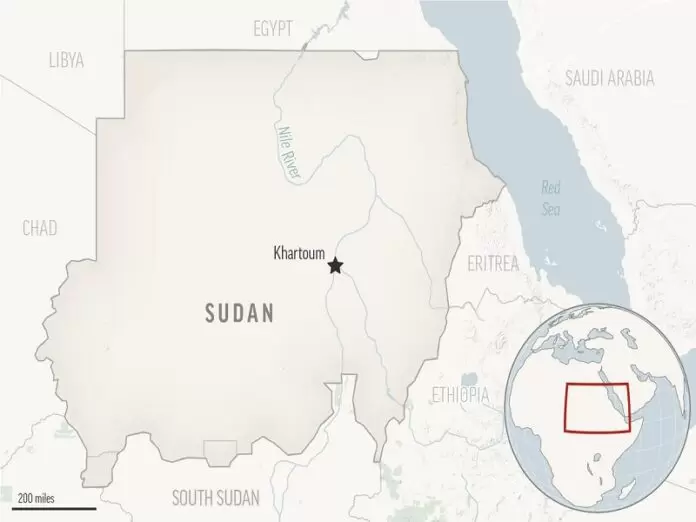Bloomberg published a detailed piece on Wednesday about how “Russian Guns, Iranian Drones Are Fueling Sudan’s Brutal Civil War”. The content is self-explanatory and presents the Sudanese Armed Forces’ (SAF) change of fortune in the nearly two-year-long civil war as the result of those two’s backing. Russia provides fuel, arms, and jet components while Iran supplies arms and drones in exchange for privileged access to Sudan’s mineral wealth (particularly gold) and the promise of Red Sea naval bases.
The Russian modus operandi builds upon the model explained here in early 2023 whereby Moscow provides military support to its Global South partners to defend them from externally connected threats to their national models of democracy in exchange for resource and other rights. Iran’s approach is similar but more ideologically driven given the SAF’s closeness with political Islam since former leader Omar al-Bashir’s rise to power in 1989. Both want to make up for recent setbacks in the Levant.
Russia risks losing its bases in Syria following the joint American-Turkish regime change there while Iran’s regional Resistance Axis partners have taken a beating at the hands of Israel. Egypt and Turkiye are also allegedly backing the SAF while the UAE and its Libyan ally Haftar are accused of supporting their Rapid Support Forces (RSF) rivals. Even so, Emirati mineral companies are still active in the SAF-controlled Port Sudan that serves as the country’s temporary capital, thus highlighting the complexity of this conflict.
Readers should also be reminded that “Russia’s Veto Of The UNSC Resolution On Sudan Saved It From A Neocolonialist Plot” last month after the UK tried to turn it into a Western vassal by unsuccessfully attempting to create the legal pretext for a foreign military intervention there to that end. Such a threat still remains though as suggested by Bloomberg’s latest piece, which is clearly aimed at manufacturing consent for more Western meddling there on the basis of jointly containing Russia and Iran.
Trump 2.0 is expected to be tough on Iran, and while he himself wants to improve ties with Russia, he might be pressured by the hawkish forces around him into ramping up the US’ involvement in Sudan so as to kill two birds with one stone by weakening their influence in the broader region. Both are on the backfoot as was earlier explained so the temptation to do so might be too enticing. This could take the form of more sanctions, clandestine arms shipments to the RSF, and intelligence support to that group.
Anything more significant isn’t expected since the continued Houthi threat makes a naval blockade unfeasible for now while a no-fly zone would require a sustained air campaign that none of the US’ regional partners, first and foremost among them Egypt, supports. Cairo could also complicate whatever Washington wants to do since it has a land border with Sudan and considers the SAF “too big to fail” due to their shared interests vis-à-vis Ethiopia with whom both are feuding over its Grand Renaissance Dam.
In any case, Bloomberg’s article is meant to facilitate whatever more robust policy Trump 2.0 might promulgate towards Sudan, though it’s of course also possible that he won’t allow the US to get dragged deeper in what could turn into the next “forever war”. From the perspective of the US’ grand strategic interests as his MAGA worldview interprets them, it’s best for the US to stay out of this imbroglio and focus instead on brokering peace in Ukraine in order to then “Pivot (back) to Asia” for containing China.







